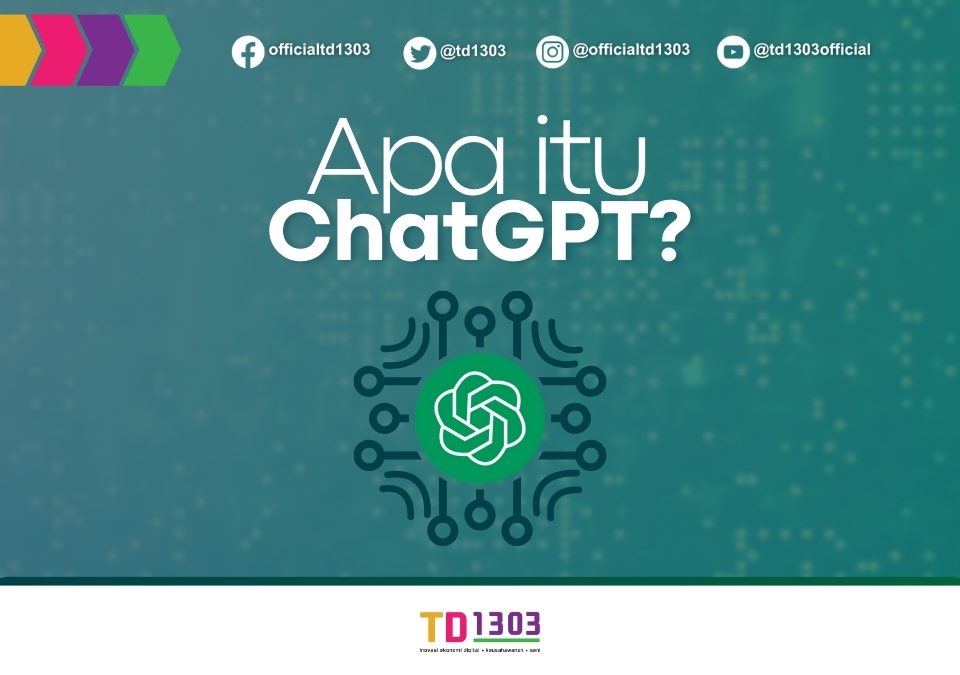
Unleashing Canva’s Diverse Capabilities for Students
28/02/2024
The Power of AI: Functions and Benefits of Cleanup.pictures
13/03/2024Title: Conversational AI: Unveiling The Potential of ChatGPT
Introduction
In recent years, advancements in artificial intelligence (AI) have led to a new era of human-computer interaction, with ChatGPT leading the charge. Developed by OpenAI, ChatGPT represents the peak of natural language processing (NLP) technology, capable of engaging in conversations that closely resemble those between humans. In this article, we’ll delve into the evolution of ChatGPT and its transformative impact on various aspects of our lives.
The Birth of ChatGPT
ChatGPT is part of the broader family of GPT models, short for “Generative Pre-trained Transformers.” These models are based on the Transformer architecture and are trained on vast amounts of text data to understand and generate human-like text. ChatGPT, in particular, has been fine-tuned for conversational AI tasks, allowing it to engage in meaningful dialogue across a wide range of topics.
Advancements in Natural Language Understanding
One of the key strengths of ChatGPT lies in its ability to understand and generate natural language with remarkable accuracy and fluency. Through extensive training on diverse datasets, ChatGPT has developed a deep understanding of linguistic variation, context, and semantics, enabling it to produce responses that are contextually relevant and grammatically sound.
Empowering Human-AI Collaboration
ChatGPT is not just a tool for passive interaction; it’s a collaborator that empowers users to achieve their goals more efficiently. Whether it’s assisting with research, providing creative inspiration, or offering personalised recommendations, ChatGPT serves as a versatile partner in various domains, including education, content creation, customer service, and more.
Applications Across Industries
The versatility of ChatGPT has led to its widespread adoption across industries. In healthcare, ChatGPT can assist with medical diagnosis and patient care. In finance, it can provide personalised investment advice and risk analysis. In marketing, it can generate engaging content and optimise advertising campaigns. The possibilities are endless, and businesses are harnessing the power of ChatGPT to drive innovation and enhance productivity.
Ethical Considerations and Challenges
While ChatGPT offers immense potential, it also raises important ethical considerations. Issues such as bias in training data, privacy concerns, and the potential for misuse underscore the need for responsible development and deployment of AI technologies. OpenAI and other organisations are actively addressing these challenges to ensure that AI technologies like ChatGPT are used ethically and responsibly.
The Future of Human-AI Interaction
As AI continues to advance, the future of human-AI interaction looks promising. ChatGPT represents just one side of this evolution, offering a glimpse into a world where humans and AI collaborate seamlessly to solve complex problems, enhance creativity, and improve quality of life.
Conclusion
In conclusion, ChatGPT stands at the forefront of AI innovation, redefining the way we interact with machines and unlocking new possibilities for human-AI collaboration. As we journey into the future, ChatGPT and similar technologies will play an increasingly integral role in shaping our digital landscape and driving progress across diverse fields.

